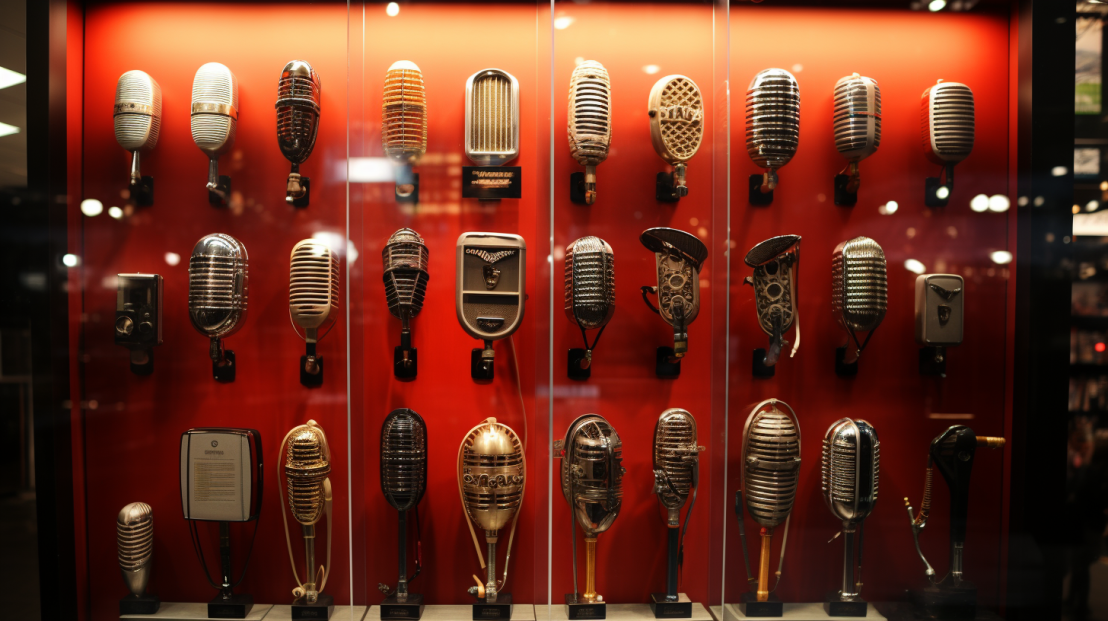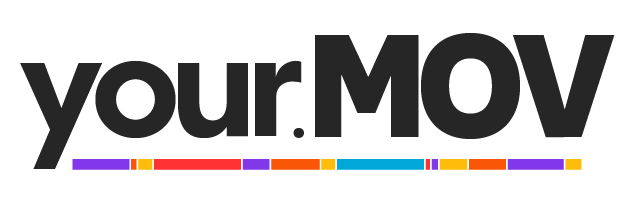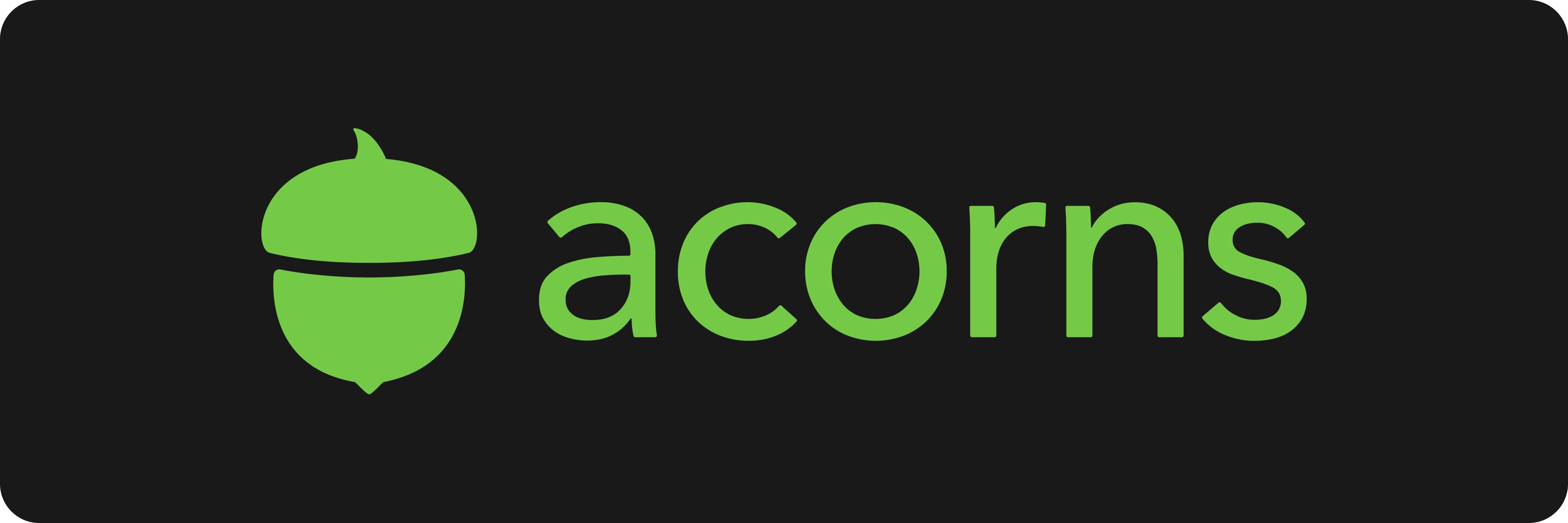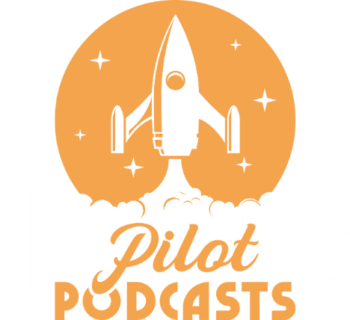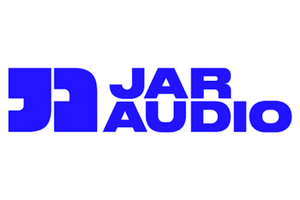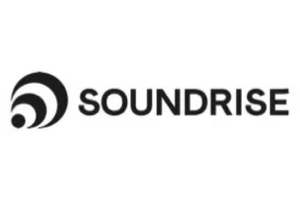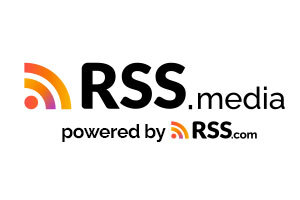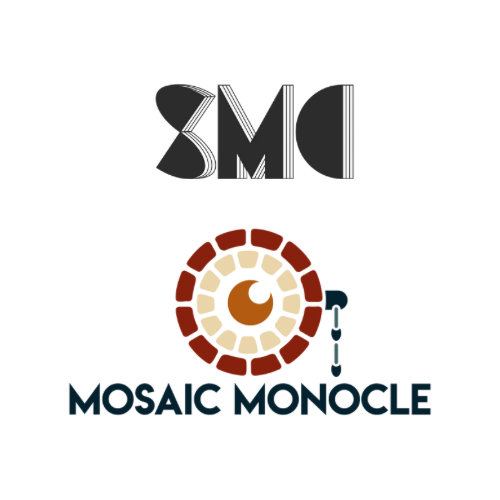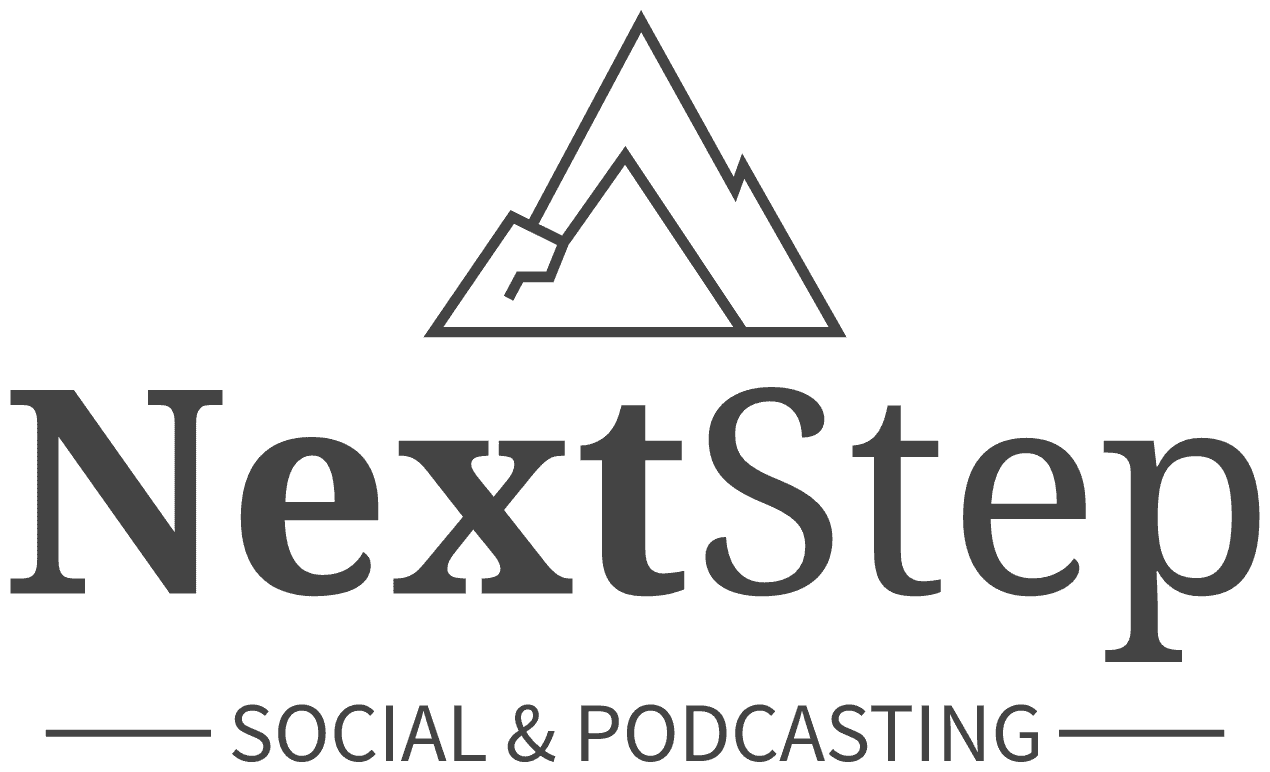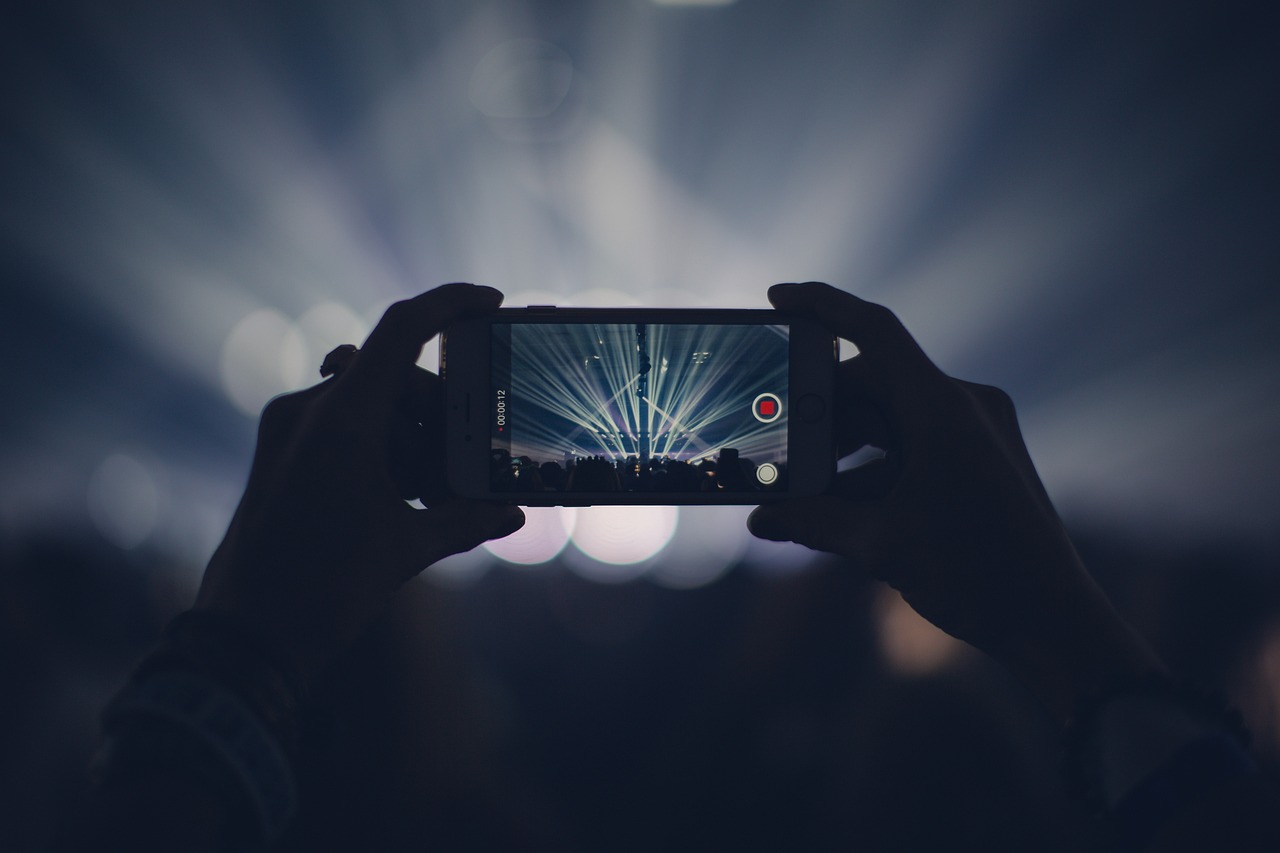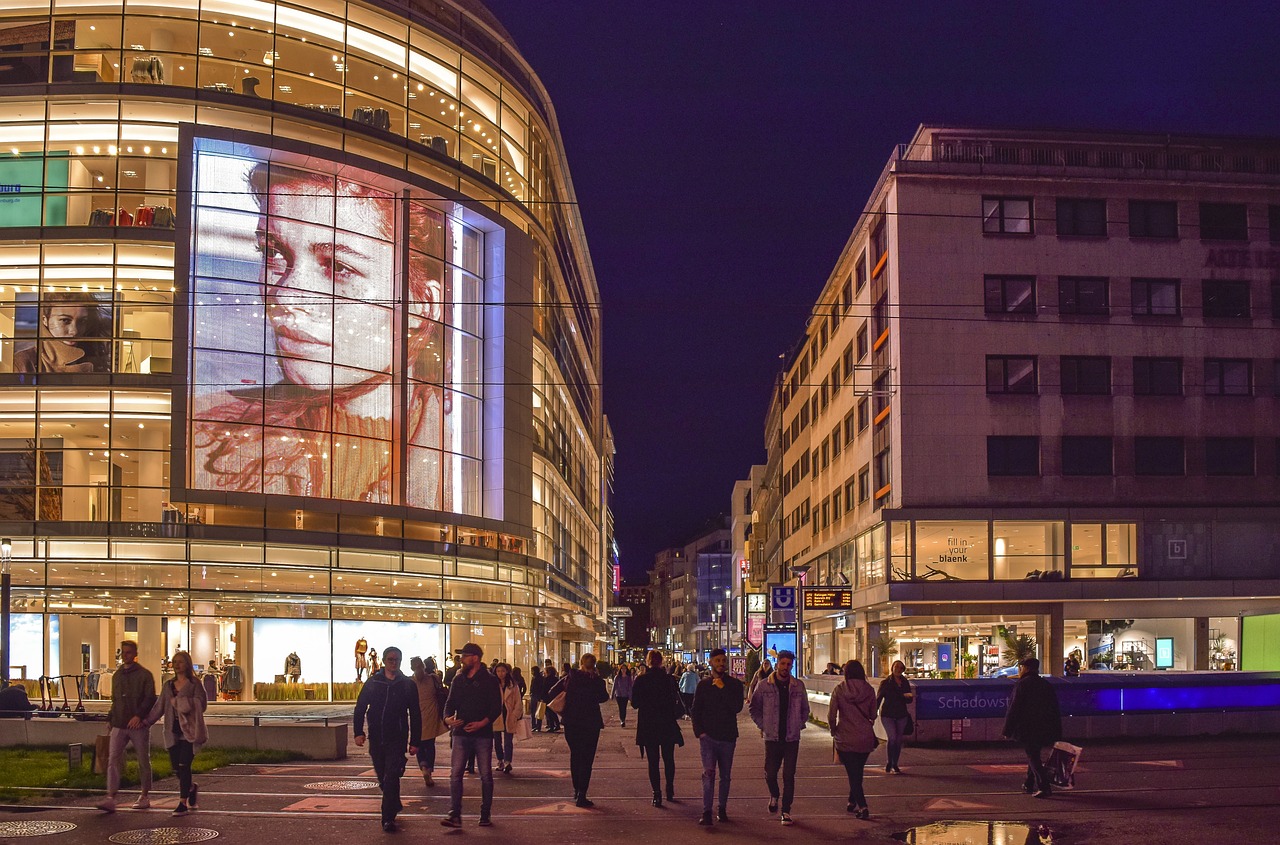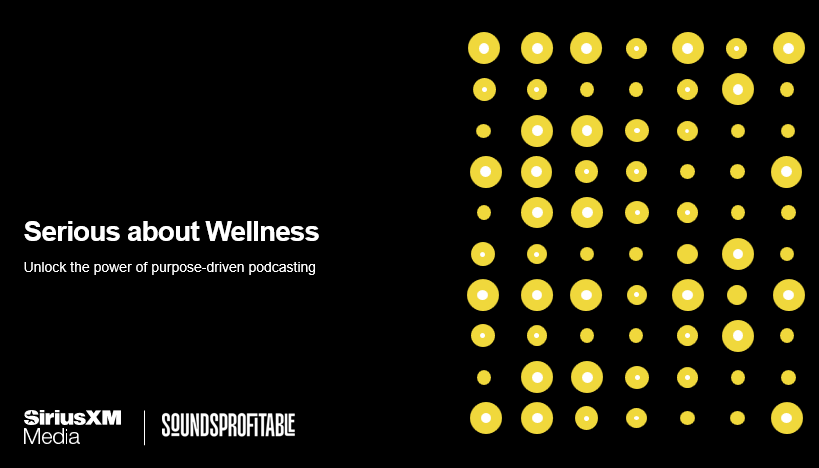New from Sounds Profitable: The Power of Brands in Podcasts, a Podcast Landscape study. This research takes a closer look at respondents for whom podcasts about favorite brands are potentially compelling content. Catch the 30-minute webinar and download the study for free.
I’ve written ad nauseam (truly) about the fact that podcasting has never really presented itself in any kind of meaningful way to a mainstream audience. This week, I want to tackle a slightly different question – what if you could sell podcasting as a medium at scale to the mainstream American-or-fill-in-your-country public? If I gave you a million dollars to promote podcasting in general, what would you say?
It’s not the easiest question to answer, but I do think about it quite a bit. Here is what I think the biggest disconnect between what podcasters think and what non-listeners think: the latter often tell you that one of the main reasons that they don’t listen to podcasts is that podcasts don’t provide anything they don’t already have – it’s redundant entertainment, in other words.
The source of the disconnect is this: podcasters know that these people are just wrong, yes? There is truly a podcast for everything, and you can’t say that about radio or TV shows, can you? Surely you can’t find a radio show catering to your love of restoring furniture or a recap show for The Amazing Race, right? So, podcasters presume (often correctly) that non-listeners are just “wrong” about this, and just haven’t been exposed to the right show.
But there is an equal and opposite reaction here – many people are perfectly happy with their current media diet of radio, music, and video, and they aren’t wrong! If you take the average talk radio show, and the average (out of 5 millionish) podcast, the radio show is probably better in a bunch of ways. There is a lot of talent in broadcast media, and the production values are often higher. One of my favorite misperceptions to correct is when I talk about audio with VC/Investor types who just assume radio will completely evaporate when we can all get Spotify in our cars. Well, a lot of people really like Elvis Duran and local traffic and weather – don’t assume the broadcast option is just the “best they can do” by default.
We have to find a different way to talk about podcasting in a positive way, and I think we need to do it fairly soon, because there are some entities out there that are doing it for us, and doing it in a way that doesn’t necessarily benefit everyone, does it? But we aren’t doing it. We aren’t doing it because we only have so much time and treasure to spend, and (as an industry) we spend our resources talking about our show, and not about podcasting. Can’t blame anyone for that.
But it’s got to be done.
Here’s why: if I send out an email marketing campaign about the new Chris Hemsworth action movie on Netflix (let’s call it, 3XTRACTION), you have a number of crucial pieces of information already in place: you know what Netflix is, you know what a movie is, you know who Chris Hemsworth is, and you sorta know that an action movie with Chris Hemsworth will feature him doing Chris Hemsworth things. That is a lot of information already included in your “silent script.” So if Netflix promotes EXTR4CTION next year, they really don’t have to do a lot of heavy lifting here. As long as 3XTRACTION was pretty good, just an awareness campaign will probably pay off.
Consider the same exercise with a Chris Hemsworth podcast. You can’t just get away with “Check out the new Chris Hemsworth podcast wherever you get your podcasts.” Here, with the same exercise, many people might know the actor, but do they know what a “podcast” by him would be like? Do they know where to get one? Do they know what a podcast is, or if they even want one? Do they know if they would even like it, if they can’t see the actor? Do we hear him bashing people with Mjolnir?
The silent script here is lacking a lot of details, because the industry hasn’t already done a good enough job priming the pump. In that sense, building a Chris Hemsworth podcast might as well be selling a Jason Statham fountain pen. The Statham fans don’t know that they want a pen, and the pen fans don’t get the Statham thing. Oi, careful with that point, mate.
So what is the answer? The answer, as in all advertising, is that there is no one answer – there is the right answer at the right time for the right group of people. That doesn’t make it rocket surgery – it just means there is a little more work to be done here, and I hope you’ll agree with me that it is work worth doing.
The work to be done is to do a better job understanding non-listeners, understanding what really motivates them, and to accept the fact that they are right – they really don’t need you. No one needs a podcast. But everybody wants a something. And the key to expanding podcasting is not to “educate” people about what we do. It’s to listen to what they want, and appreciate who they are.
One of my favorite examples of this was the launch of Lexus in America. I think a lot of people take Lexus for granted as a luxury brand, but don’t remember just how remarkable it was for a Japanese automaker to enter a market that had historically been dominated by German brands (BMW, Mercedes, Audi). They weren’t going to “out-heritage” them, didn’t have the track record to go higher-end, and lacked the performance technology some of the German brands had perfected for decades. Instead, they talked to the people who could afford to buy their cars – white collar workers with significant exurban commutes – to see what their lives were like.
What they learned was that the commutes required to maintain the lifestyles they wanted compressed their days enough to create a fair amount of stress – there was never enough time at home OR at work to feel in control of either. The commute itself was a kind of oasis – but often one equally fraught with stress from traffic and honking horns.
So the engineers at Toyota launched a car designed for that, and not around performance or safety or any of the other nearly-commodified features and benefits offered by most luxury cars. Instead, they engineered their vehicle around ONE word: quiet. And that is the word they launched with in commercials that featured just how quiet the world became when you closed the reassuringly solid door of a Lexus. The claim wouldn’t have worked if the car weren’t actually built to deliver, of course, but this was truly a product driven by an unspoken consumer need, and it succeeded very well indeed.
So how do we translate these lessons to podcasting? I think sometimes we forget about the most basic benefits of switching. We get lost in the weeds describing how cool a specific show is, or we end up being too vague – “it’s really cool content you can’t get anywhere else!”
I think we could be more successful talking about what podcasting isn’t, or doesn’t do, in a way that gets at how a podcast can make someone feel or reduce the friction in some part of their life. Like I said before – there is no single, easy answer here, but here are a few stabs at rotating your thinking a little bit to making podcasts more relatable to non-listeners:
1. Driving is stressful enough without having to jump around from station to station to skip commercials, find a better song, or change playlists. You don’t text and drive, so why try to manage all of that as well? Put on a podcast and keep your eyes on the road with your perfect drive.
2. Speaking of commercials, wouldn’t it be nice to listen to an engaging show that doesn’t stop for 10 minutes of terrible ads? Podcasts give you more of what you want – great conversations and content – and less of what you don’t compared to commercial radio.
3. If you’ve turned on your radio or local TV lately, you are bombarded with negativity. Millions of people don’t want to hear about Trump, Biden (or politics in general) or a steady stream of disturbing global news. What else is the average commercial talk radio station giving these people? Not much! Podcasting engages the mind positively, with a break from the incessant doom and negativity of the network news or blowhard talk radio hosts.
4. Do you have more time to yourself today than you did a year or two ago? Didn’t think so. Podcasts are a way to claw back time for yourself – take a “mini vacation” wherever you are, whenever you want. Why wait to hear your favorite shows – make them wait for you and take a bath with your favorite podcast!
5. This last one I have to credit my wife, Tamsen, with. She has powered through both Duolingo AND Babbel to learn Italian in the last six months – what is nice about some of these platforms is that they are gamified and allow you to feel like you are “leveling up” in a very quantified way. Turns out, that is a very satisfying feeling, and one that adults don’t often get access to after they finish school. Like those platforms, podcasts let you level up in between other aspects of your life without making huge commitments. Everyone wants to feel better or smarter – they just often don’t have time for a book or course. Podcasting lets you put your brain to good use!
And so on. In short, let’s not be afraid to put the gloves on when we talk about podcasts. We have spent enough time telling people about what podcasts are from a purely descriptive or technical sense – but why should you care? What do podcasts do better? What evil do they take away? What existing stressor can we identify that podcasting makes easier?
This is the kind of work we need to do. We are never going to be able to promote podcasts as getting colors cleaner or being 30% bigger or being preferred by four out of five dentists. We have to think about what else our audience could choose instead, and make a sharper case, before someone makes it for us.
New Partners
Sounds Profitable exists thanks to the continued support of our amazing partners. Monthly consulting, free tickets to our quarterly events, partner-only webinars, and access to our 1,800+ person slack channel are all benefits of partnering Sounds Profitable.
-
SoundCast is an independent audio Sell Side Platform created in 2018. SoundCast connects all media audio assets and advertisers, and is an O&O platform integrated directly into the main DSPs and local or global revenue sources with high targeting capacities.
Want to learn more about partnership? Hit reply or send us an email!

